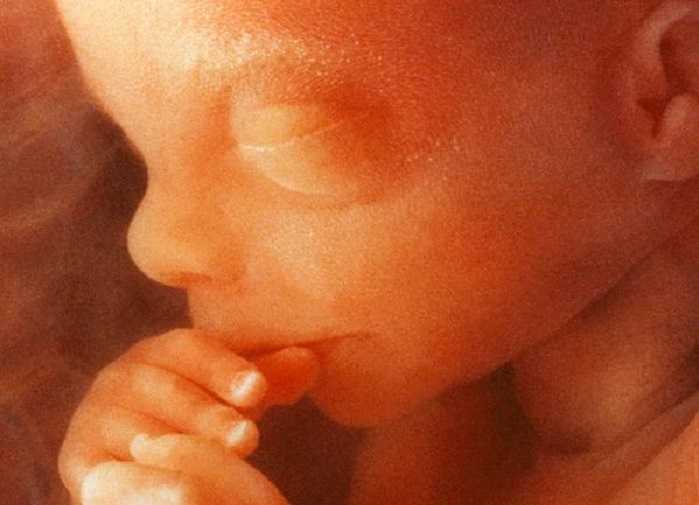The New York Times used a clumsy new phrase Monday rather than refer to an unborn baby’s heartbeat.
In an article about the Louisiana heartbeat law and Gov. John Bel Edwards who signed it, the newspaper used the euphemism “the pulsing of what becomes the fetus’s heart,” the Daily Wire reports.
“Throughout the campaign, Mr. Edwards, a rare Democrat holding statewide office in the South, shined a spotlight on his conservative bona fides, like his support for a state law barring abortion after the pulsing of what becomes the fetus’s heart can be detected,” the newspaper stated.
Earlier this year when abortion activists complained about the language being used to describe state heartbeat bills, the New York Times used another odd phrase to refer to an unborn baby’s heartbeat. The May article, which also was about Louisiana’s heartbeat law, used the nonsense term “embryonic pulsing.” It also described the legislation as a “so-called fetal heartbeat bill” – as if it is questionable whether the unborn baby has a heart or a heartbeat.
Similarly, in June, the Huffington Post avoided using the term “unborn baby’s heartbeat” by saying “fetal cardiac activity” instead.
Actress Alyssa Milano and abortion activist Jen Gunter also touted the euphemistic language to media outlets and their online followers, according to the Daily Wire.
“Dear Press, stop calling them ‘heartbeat’ bills and call them ‘fetal pole cardiac activity’ bills,’” Milano wrote in the spring, quoting an article that Gunter wrote in 2016.
This unscientific language shift is being pushed by the abortion industry. Though state heartbeat laws in Louisiana, Ohio, Georgia and other states are not in effect due to legal challenges, they still make an impact for life by drawing national attention to the humanity of the unborn child. National news about heartbeat laws repeatedly, even if only unintentionally, drew the nation’s attention back to the fact that an unborn baby, at its earliest stage of life, already is a unique, living human being with a beating heart.
Follow LifeNews.com on Instagram for pro-life pictures and videos.
The abortion industry knows this and does not like it. When people realize that an abortion destroys a life, they are less likely to support it or celebrate it, and pregnant mothers are more likely to reconsider their decision to have an abortion.
Science is on the side of the pro-life movement. In 2016, researchers at the University of Oxford published an amazing new study about how early a human being’s heartbeat begins. They found that the heartbeat may begin earlier than initially thought, as soon as 21 days of pregnancy.
The language that the world-renowned scientists used did not mention “embryonic pulsing” or “so-called.” They used words like “heartbeat,” “human embryo” and “heart muscle.”
“First of our three billion heartbeats is sooner than we thought,” the university wrote in its news release about the research.
Later, it noted, “The heart is the first organ to form during pregnancy and is critical in providing oxygen and nutrients to the developing embryo.”
Oxford is just one of many, many sources for this information. Baby websites, doctors, scientific research – even TV shows – and more all acknowledge what millions of mothers know to be true, women who saw or heard it soon after that first positive pregnancy test, the heartbeat of a tiny, living unborn child.








